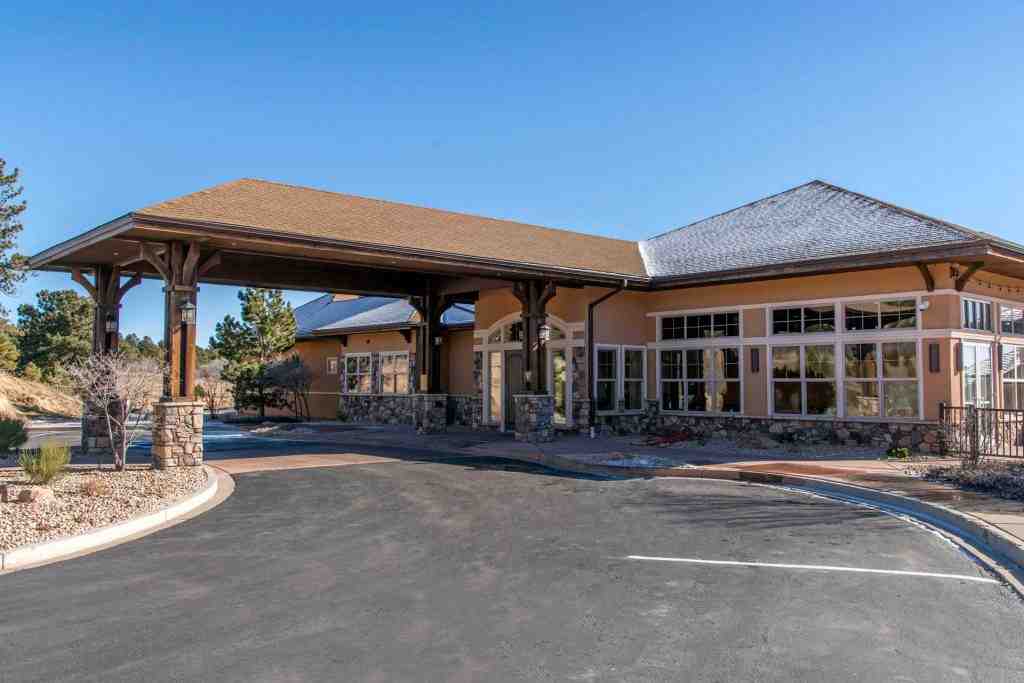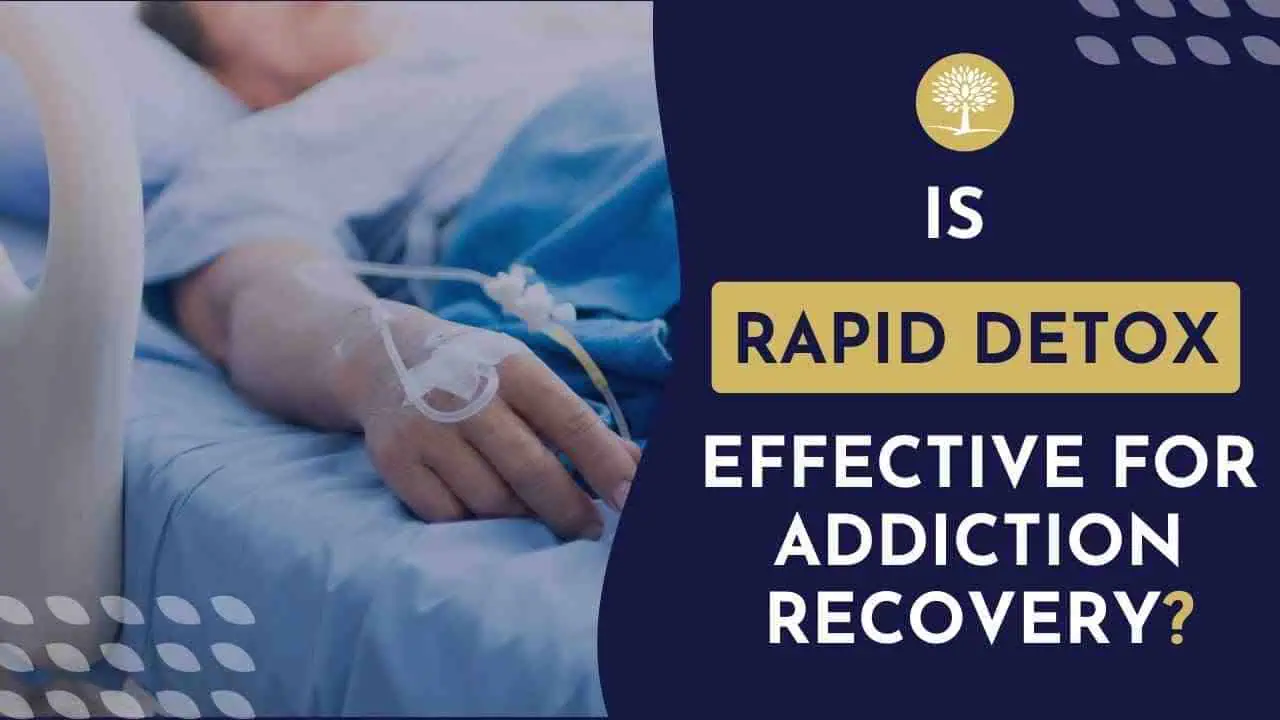
Substance use disorders (SUDs) encompass a range of conditions that stem from the harmful use of substances such as drugs and alcohol. These disorders can devastate lives, fracture families, and lead to severe health problems.
However, recovery is possible, and many individuals have successfully transformed their lives, finding new purposes and paths to happiness.
This article delves into the journey of recovery, the importance of seeking professional help, available treatment options, and resources, along with frequently asked questions about substance use disorders.
Understanding Substance Use Disorders
Substance use disorders are characterized by an individual’s inability to control their use of substances despite experiencing negative consequences.
These disorders can be complex, involving psychological, physical, and social elements.
Factors contributing to SUDs include genetic predisposition, mental health issues, trauma, and environmental influences.
Understanding the nature of SUDs is crucial for both those affected and their loved ones.
Recognizing that addiction is a disease rather than a moral failing is essential in fostering compassion and support for those struggling.
Many people may turn to substances as a coping mechanism for stress, anxiety, or trauma, leading to a cycle that can be difficult to break.
Find Hope and Healing: Call Us Now!
Take the first step towards a brighter future! If you or a loved one is seeking support for substance abuse, we are here to help. Call us today and let our dedicated team guide you to the right treatment options. Your path to recovery starts now!
- Connect with an expert addiction specialist 24/7/365
- Learn about treatment costs
- Arrange fast access to a treatment program
Request a Call
OR
Make a Call
The Importance of Seeking Help
Embracing support: The crucial step of seeking help on the journey to recovery.
For many individuals, the journey to recovery begins with acknowledging the problem and seeking help. The decision to enter treatment is a significant first step.
Professional help provides the necessary resources, guidance, and support to navigate the challenges of recovery.
1. Medical Detoxification
The first step in many treatment programs is detoxification. This process allows the body to safely eliminate substances while managing withdrawal symptoms.
Medical supervision during detox is crucial, as withdrawal can be dangerous and uncomfortable. Professionals can provide medications and support to ease this process.
2. Inpatient Rehabilitation
Inpatient treatment programs offer a structured environment where individuals can focus entirely on recovery.
These programs typically last from 30 to 90 days and include various therapeutic modalities, including individual therapy, group therapy, and holistic approaches such as yoga and meditation.
Inpatient rehab provides a supportive community that fosters personal growth and accountability.
3. Outpatient Rehabilitation
Outpatient programs allow individuals to receive treatment while continuing to live at home. This option is suitable for those with less severe addictions or those who have completed an inpatient program.
Outpatient treatment typically involves regular counseling sessions and participation in support groups, allowing individuals to maintain their daily responsibilities while receiving care.
4. Therapeutic Approaches
Various therapeutic modalities are essential in helping individuals understand their addiction and develop coping strategies.
Cognitive-behavioral therapy (CBT) is a common approach that helps individuals identify negative thought patterns and behaviors related to substance use.
Other therapies, such as dialectical behavior therapy (DBT) and motivational interviewing, also play a vital role in the recovery process.
5. Support Groups
Participation in support groups like Alcoholics Anonymous (AA) or Narcotics Anonymous (NA) provides individuals with a community of peers who understand their struggles.
These groups offer a platform for sharing experiences and receiving encouragement and accountability, which can be invaluable in maintaining sobriety.
Find Hope and Healing: Call Us Now!
Take the first step towards a brighter future! If you or a loved one is seeking support for substance abuse, we are here to help. Call us today and let our dedicated team guide you to the right treatment options. Your path to recovery starts now!
- Connect with an expert addiction specialist 24/7/365
- Learn about treatment costs
- Arrange fast access to a treatment program
Request a Call
OR
Make a Call
The Journey to Recovery
The journey to recovery is unique for each individual and often involves several stages.
It is essential to approach the process with patience and self-compassion, recognizing that setbacks may occur.
1. Acknowledgment and Acceptance
The first step in the recovery journey is acknowledging the problem and accepting the need for help.
This phase often involves confronting the consequences of substance use and recognizing the impact on one’s life and relationships.
2. Seeking Help
Once an individual acknowledges their struggle, the next step is to seek help.
This may involve reaching out to a healthcare professional, a trusted friend or family member, or a support group.
The decision to seek help can be empowering and marks the beginning of the recovery journey.
3. Engagement in Treatment
Engaging in treatment is crucial for recovery. This phase involves participating in detoxification, rehabilitation, therapy, and support groups. Commitment to the treatment process is essential for fostering personal growth and healing.
4. Building a Support System
Developing a strong support system is vital for maintaining sobriety. This may include family, friends, therapists, and support group members who can provide encouragement, accountability, and understanding during challenging times.
5. Developing Coping Strategies
Learning healthy coping strategies is essential for dealing with stress and triggers that may lead to substance use.
Mindfulness practices, exercise, and engaging in hobbies can help individuals manage their emotions and maintain balance in their lives.
6. Life After Treatment
Recovery does not end after completing a treatment program. Aftercare and ongoing support are critical for long-term success.
Engaging in aftercare programs, continuing therapy, and participating in support groups can help individuals navigate life’s challenges while maintaining sobriety.
Finding Resources for Recovery
Accessing resources for substance use treatment is critical for individuals seeking help. Many organizations and treatment centers offer valuable information and support.
One such resource is Addiction Helpline America. This organization is dedicated to assisting individuals in finding the right treatment options for their needs.
Visiting Addiction Helpline America can connect you with a wealth of information about various treatment programs, support services, and educational resources.
Their mission is to help those struggling with substance use navigate the complexities of recovery and find hope in their journey.
Why You Should Call Addiction Helpline America
If you or someone you know is struggling with substance use, consider reaching out to Addiction Helpline America at 844-561-0606.
Our trained professionals are available to provide immediate assistance and support.
We can help you understand your treatment options, verify insurance coverage, and connect you with local resources tailored to your needs.
Calling Addiction Helpline America is a crucial step in starting your recovery journey.
Their compassionate staff is dedicated to helping individuals find hope and healing, guiding you through the process of seeking treatment and support.
Find Hope and Healing: Call Us Now!
Take the first step towards a brighter future! If you or a loved one is seeking support for substance abuse, we are here to help. Call us today and let our dedicated team guide you to the right treatment options. Your path to recovery starts now!
- Connect with an expert addiction specialist 24/7/365
- Learn about treatment costs
- Arrange fast access to a treatment program
Request a Call
OR
Make a Call
Conclusion
Rediscovering life after substance use disorder is a journey filled with hope, healing, and the promise of a brighter future. Acknowledging the need for help is a courageous step, and seeking professional treatment is essential for recovery.
With various options available, including inpatient and outpatient programs, therapy, and support groups, individuals can find the support they need to overcome addiction.
If you or someone you know is ready to embrace the journey to recovery, don’t hesitate to reach out for help. Organizations like Addiction Helpline America are here to support you in finding the right resources and treatment options.
Call 844-561-0606 today and take the first step toward a life free from addiction. Remember, hope and healing are possible, and a new beginning awaits you on the path to recovery.
Frequently Asked Questions (FAQs)
1. What is substance use disorder?
It can range from mild to severe and may involve physical dependence and withdrawal symptoms.
2. What are the signs of substance abuse?
3. How do I know if I need treatment?
4. What types of treatment are available for substance use disorders?
5. Is recovery possible?
6. How long does treatment typically last?
7. What should I expect during the recovery process?
It is essential to approach recovery with patience and self-compassion.
8. How can I support a loved one struggling with addiction?
Educating yourself about addiction can also help you understand their challenges better.
Our helpline is 100%
free & confidential
If you or someone you care about is struggling with drug or alcohol addiction, we can help you explore your recovery options. Don’t face this challenge alone—seek support from us.
Programs
Resources
Will my insurance
cover addiction
treatment?
We're ready to help
Find the best
drug or alcohol treatment
center
Are you or a loved one struggling with addiction? Call today to speak to a treatment expert.











